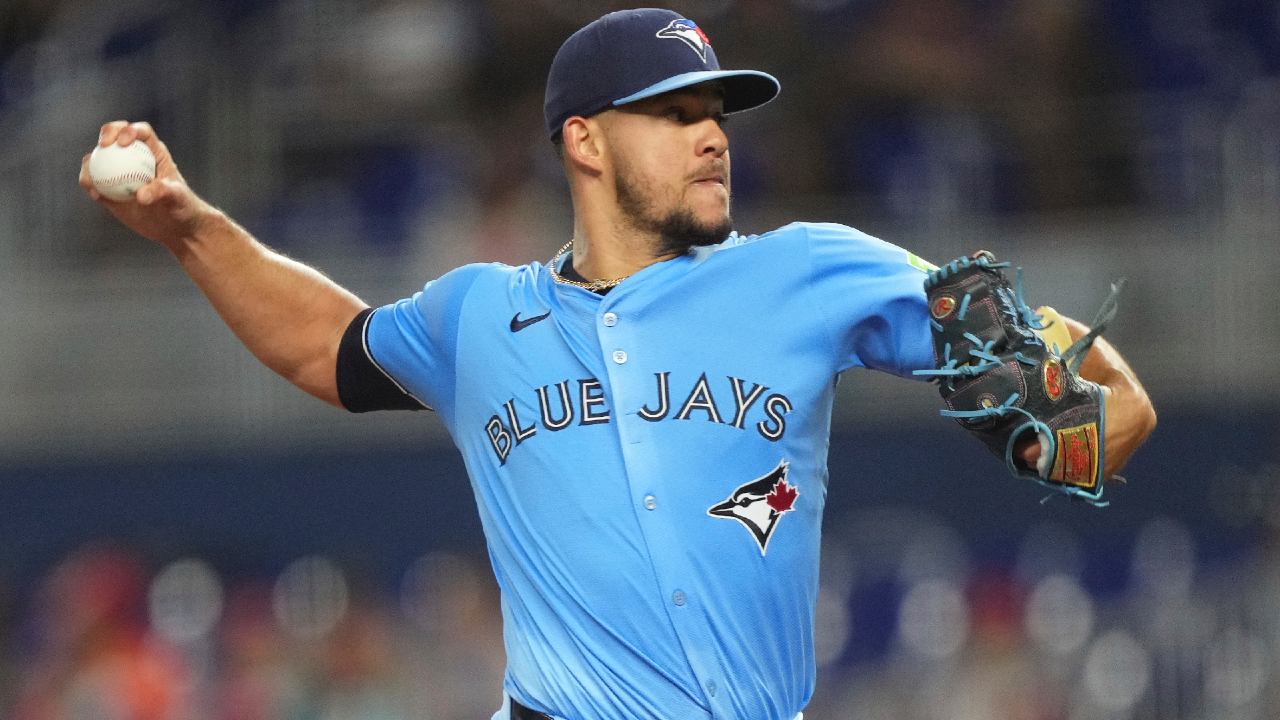
A couple years ago after what was yet another senseless death of a black man who was unarmed at the hands of the police, a good friend of mine sent me a text: “Why is ‘All Lives Matter’ offensive, I don’t understand.”
Well, before it was en vogue to be “listening and learning,” my buddy was reaching out to listen because he wanted to learn. It defied logic to him. If we are striving for equality why would you differentiate? All lives should matter, right?
It’s a fair question. One I’ll try to answer using recent NBA news as a guide.
You most likely have never heard of Grant Napear, the former play-by-play announcer of the Sacramento Kings. But he has brought the “All Lives Matter” conversation back to the forefront.
Similar comments and questions have come non-stop in my inbox and sliding in my DMs since an unarmed black man, George Floyd, was killed in Minneapolis police custody on May 25.
For some reason the cell phone camera footage of a white police officer, Derek Chauvin, pressing his knee into of Floyd’s neck for more than eight minutes while the 46-year-old lay face down on a Minneapolis street until he died has created an awakening among people.
So, let this be a tutorial on why “All Lives Matter” is somewhere on the spectrum between tone deaf and offensive.
On Sunday, DeMarcus Cousins sent out a tweet asking Napear to clarify his feelings on the Black Lives Matter movement.
He took the bait.
In response to this tweet, former Kings players Chris Webber and Matt Barnes immediately clapped back with a character assassination of Napear on the matter.
Demarcus we know and have known who grant is. The team knows as well. I’ve told them many times. They’ve seen it. They know who he is. https://t.co/4DI4f1DGUp
— Chris Webber (@realchriswebber) June 1, 2020
Napear’s resumé on matters of racial justice isn’t stellar, so it’s hard to give him the benefit of the doubt.
In 2018 he tried to defend Donald Sterling, the former Los Angeles Clippers owner who lost his team after a TMZ video surfaced of him using racial epithets as well as when he went on CNN and embarrassed himself further.
“I don’t want to bring out a can of worms with Donald Sterling, but this always stuck out to me when this whole thing was going on,” Napear said in defence of Sterling in 2014. “This is a man in his 80s that had an African-American general manager, Elgin Baylor, and an African-American coach in Doc Rivers. Think about that for a minute.”
Napear further put his foot in his mouth going on to say: “To bring a blanket statement that this particular individual is racist because of this racial epithet that they used and yet this is the same guy who has an African-American general manger and an African-American coach running their team. It doesn’t balance out to me is what I’m saying.”
His concern seemed to be to make the perpetrator the victim at the expense of hurt black people, which is a lot like the “All Lives Matter” movement.
When Twitter inevitably came for him after his tweet, Napear apologized.
“If it came across as dumb, I apologize,” Napear’s apology read. “That was not my intent. That’s how I was raised. It has been engrained in me since I can remember. I’ve been doing more listening than talking the past few days. I believe the past few days will change this country for the better!”
But it was too late for Napear. According to ESPN, the Kings asked Napear to resign as the team’s play-by-play announcer and local radio station, Sports 1140 KHTK fired Napear on Tuesday for his remarks.
“The timing of Grant’s tweet was particularly insensitive,” said Bonneville International, the media company that owns the radio station, said in a statement. “After reviewing the matter carefully, we have made the difficult decision to part ways with Grant.”
Napear issued another apology to Marcos Breton of the Sacramento Bee on Monday.
“I’m not as educated on BLM as I thought I was,” Napear said. “I had no idea that when I said, ‘All Lives Matter’ that it was counter to what BLM was trying to get across.”
“I’m in pain,” Napear continued. “I’m 60 years old and I still have a lot learn.”
Floyd’s death has sparked nationwide protests in response to racial inequality and police brutality, including in Sacramento, where police killed two unarmed black men, Mikel McIntyre and Stephon Clark in 2017 and 2018, respectively.
So let the learning begin.
Let’s first look at the slogan “Black Lives Matter.” This is an all-encompassing statement meant to signify the fact that black lives matter, also, black lives matter, too and that black lives need to start to matter.
It’s not that only black lives matter. It’s understood that white lives matter. That is the default. Children’s books contain white characters, standardized tests include language geared to white people that coincides with a racist history while our advertising and marketing focuses on white bodies and products are first and foremost made with white consumers in mind – even the colour “nude” for clothing like bras is modelled after white skin. And almost very elected official we’ve ever had has been white.
In all aspects of North American life white lives are the default. White lives are often considered first and often the only lives considered.
Our entire social structure centers around whiteness as a default. Asserting that “All Lives Matter” just reaffirms that reality. Obviously, every life is valuable, but not everyone’s lives are in danger due to their skin colour. There isn’t a disproportionate amount of unarmed white lives being threatened at the hands of police.
Which is why all lives matter is offensive and counterproductive. It discounts and diminishes the focus on the violence and discrimination black individuals face every day.
If you broke your hand, your response is to talk to the doctor about treating the broken hand. Having that conversation is not disrespectful to your other body parts that are healthier.
Think about this thought experiment: Imagine if you were at a gala raising money, awareness and having a conversation about breast cancer, and then suddenly, a bunch of people stormed the banquet hall and started chanting all cancers matter. Talking about breast cancer doesn’t take away from the legitimate concern about other cancers.
Or imagine if while “Boston Strong” was trending after the Boston marathon bombings in 2013 a bunch of people started tweeting that “All cities are strong.”
Both are tactless hypothetical examples that would deliberately try act to co-opt those conversations and that is how “All Lives Matter” is received to people who have started, are interested in or appreciate the “Black Lives Matter” movement.
It’s not that all lives don’t have hardship or struggle or face racism, it’s that right now we are trying to talk about black lives, a group of people that are hardly ever considered. And even during the few times they are considered if you then try to drown that conversation out with talk of all lives it feels like a deliberate act to suffocate progress.
To be clear, I know that’s not the intention of many even though it’s the outcome.
A response I’ve often gotten to this sentiment is “All lives matter to me because I don’t see race.”
Congratulations. That’s a privilege. I wish I could say the same. Anyone who says that has never been unlawfully carded and/or has never been pulled over without having an infraction.
Here’s a personal story to humanize the experience:
When I was a student at Western University I was pulled over while driving upwards of 20 times in four years. I honestly lost count. I was a university football player and every school year I’d rhetorically ask myself if that school year I’d have more Touchdowns or “driving while black” exchanges with the police.
Every year except one the police outscored me. An expired license plate sticker and a flickering break light are the only times I was ever given a legitimate explanation as to why I had the embarrassment of being followed with sirens. One officer said, “Oh, you should’ve told me you were on the football team at Western.” As though my ability to gain admission to an institution of higher learning and take a hand off and break a tackles is an indicator of whether or not I’m capable of breaking the law.
Some university students would drive on the back streets if they had too much to drink to avoid police ride checks. I did that so I could avoid being pulled over by police entirely.
I don’t have the privilege to not see race. Thank God those interactions never became violent, but I was always aware of my race and always aware that “all” people weren’t being stopped that frequently. I was being stopped because my black life was seen as a threat. Because inconveniencing my black life didn’t matter.
So, what Napeaar doesn’t realize is in the game called life right now some people start on third base while others start with two strikes. While we’re trying to have a deliberate conversation how to equal the playing field, distracting from that conversation is harmful.
“All Lives Matter” is like saying this game called life is already equal and that’s not true.
The “that’s how I was raised” defence doesn’t really work as the “All Lives Matter” wasn’t a slogan when you were a child.
It is one now. Hopefully, as we all are listening and learning it won’t be one for much longer.




